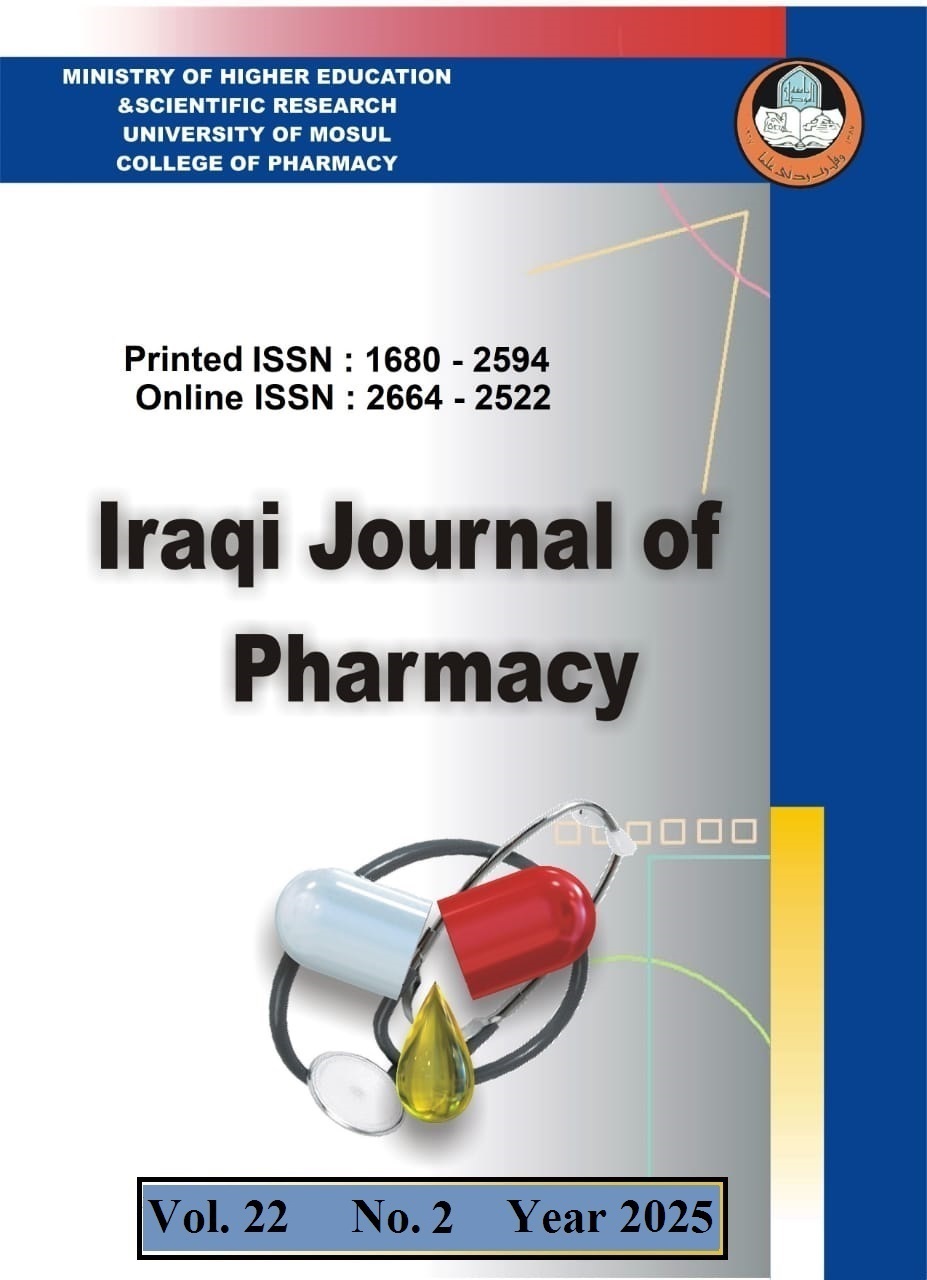Coumarin-based products: Their biodiversity and pharmacology
Abstract
Background: The plant kingdom generates and releases a wide range of secondary-metabolites, which have several effects on biological, toxicological, and ecological systems that may act in a similar manner to chemically synthesized compounds. One of these secondary-metabolites are coumarins, which are obtained from many plants, fungi, and bacteria. Coumarins are well-known due to their anticancer, antiviral, antifungal, and antibacterial properties.This study aims to provide a short overview of the biodiversity and pharmacological applications of coumarins, and its natural congeners, as well as an assessment of future medicinal benefits. Also, the study extended to review some of the data related coumarins and their derivatives, particularly those related to pharmaceutical and biological actions.Conclusion: The implications of coumarins on the health of humans is a multifaceted issue, with many concerns about their safety, toxicity, and medicinal merits. Based on the findings of this review, the authors suggested that different bioactive coumarins for treating a variety of chronic health conditions, including cancer, Alzheimer's disease, HIV, diabetes, and hypertension.








